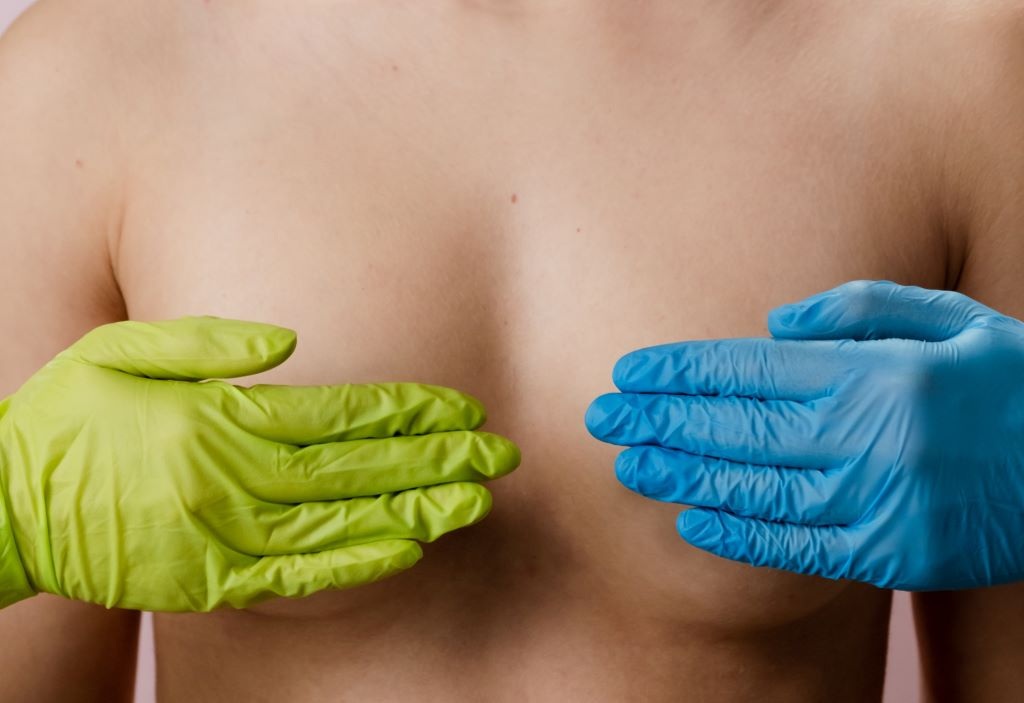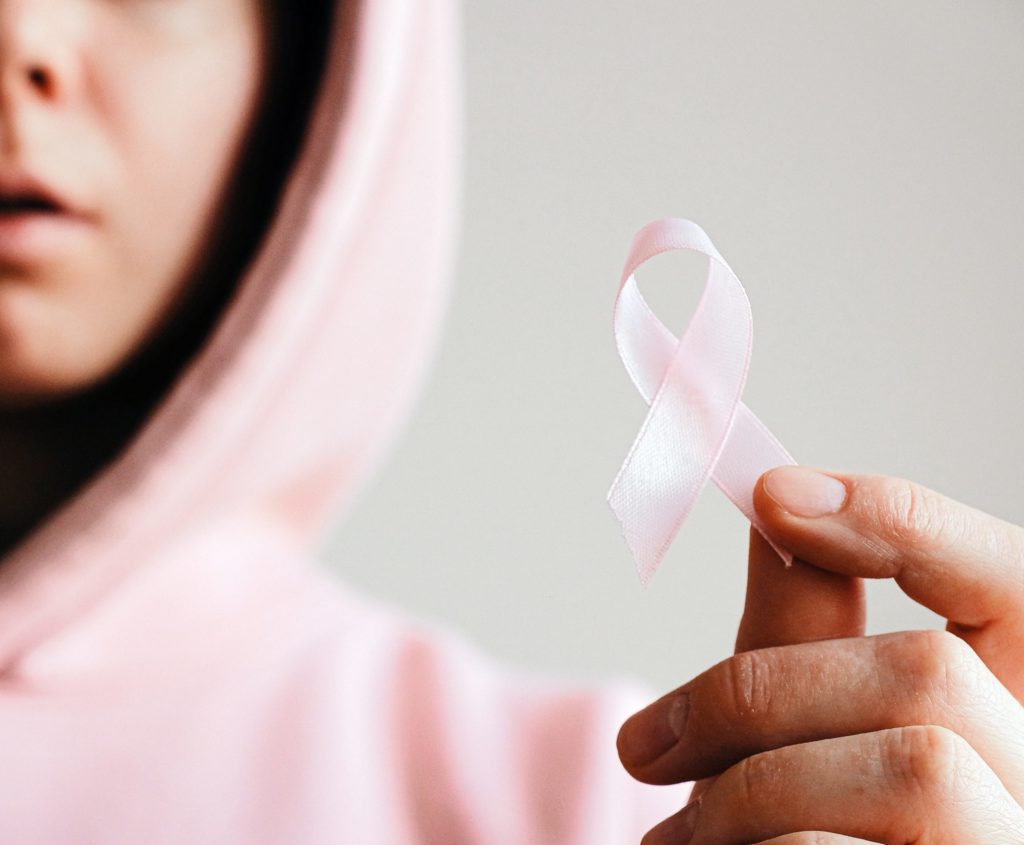
Since the beginning of October, our island has been graced with several pink billboards encouraging us to look out for signs of cancer. The campaign this year combined Pink October, which traditionally focused on breast cancer awareness and Movember which looks at men’s physical and mental health. It seems that the focus of Pink October and Movember this year were cancers that have to do with sexuality and intimacy i.e. prostate, testicular, breasts, ovarian and cervical.
Why do we need to talk about sex, intimacy, and relationships when cancer is mentioned? Isn’t it enough that we survive, take the oncological treatments needed and are in remission? Are those who love us affected when there is a cancer diagnosis? How?
Intimacy, sexuality, and relationships are an integral part of who we are as human beings. We need touch, intimacy, and meaningful connection to live a good quality of life. Cancer diagnosis and the effects of cancer surgery and treatment usually create difficulties with sexual desire and arousal, dryness, tiredness and fatigue, changes in body image and the way we view our sexuality and desirability. Moreover, certain cancer treatments can create specific problems. For example, after prostate cancer patients can experience erectile dysfunction and incontinence that can severely impact their sexual relationships. In women, breast cancer can cause huge changes in body image and pelvic cancers including ovarian and cervical cancer treatment can cause vaginismus due to radiotherapy scaring and problems with vaginal lubrication. Fear of cancer recurrence can severely impact our everyday living and invariably influences our most significant relationships.
Research suggests repeatedly that there needs to be a renegotiation of the sexual relationship after cancer diagnosis and treatment. This means that we need to stop promoting ‘getting back to normal’ and finding the ‘body’s new normal’. It is important that health care professionals feel comfortable to start a conversation with patients and partners and give them permission to talk and discuss their concerns around cancer, sexuality, fertility, intimacy, and relationships.
Studies suggest that after cancer treatment, patients might think that sex and intimacy are not on the table for them anymore. We have cancer survivors who would like to start dating again and being sexually active but do not know where to start. ‘What do I write on my Tinder/Grindr profile?’ “When is it ok to talk with my new partner about my double mastectomy” “How do I deal with pre-mature menopause after ovarian cancer at the age of 30?” “I have nerve damage due to cancer treatment. What can I do to enhance sexual pleasure?” “How do I deal with all the grief and loss that is involved while undergoing cancer treatment? Will my relationship withstand all this loss?” “Will my partner understand?”
Let us start a conversation. Sex, intimacy, connection, and relationships are important for a good quality of life for all of us. Being sexually intimate should not end with life with and beyond cancer.
Do you have an experience you’d like to share with us at Wham, either in your name or anonymously? We’d love to hear from you! Contact us or send us an email at [email protected]

Anna Catania (M.Cons. PG(Dip) Psychosexual and relationship therapy is a warranted counsellor specialised in the area if sex and relationships. She provides counselling to individuals and couples who are having difficulties with sexuality, relationships and intimacy.
Click here to check out Anna’s full bio as well as a list of all her Wham published articles





